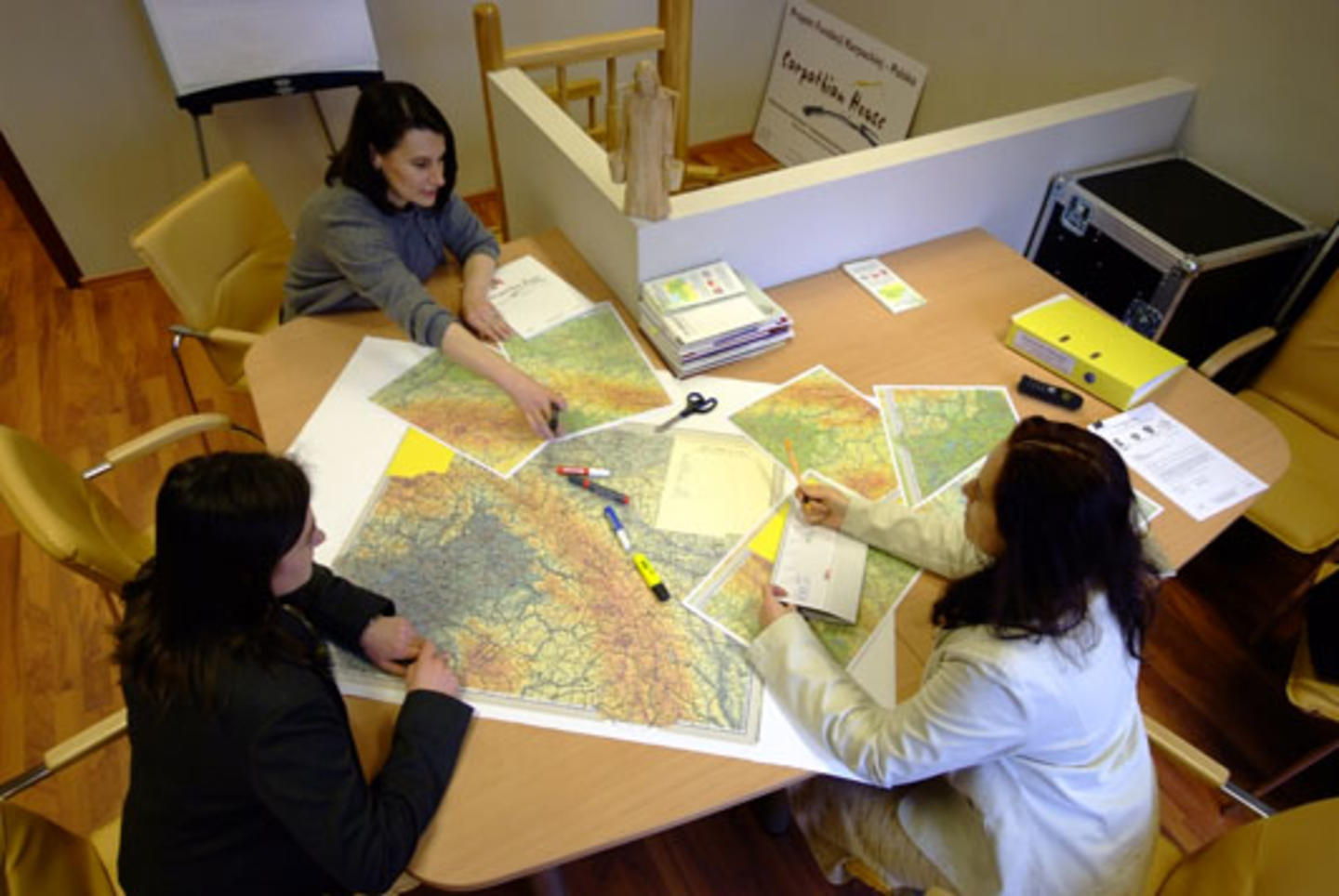Border regions are often disadvantaged due their peripheral geographical location in the national economy. They also frequently face demographic challenges such as ageing populations due to outbound labour migration and brain-drain. These trends, together with the ongoing financial crisis, threaten to increase the social and economic disparities within Europe.
To address these challenges, the EEA and Norway Grants provide €42.7 million in support to regional policy and cross-border activities. An active exchange of know-how and closer institutional and personal contacts across the borders strengthens the competitiveness of regional economies and encourages entrepreneurs and small-to-medium sized enterprises to invest in these regions.
Among the 43 individual projects receiving support, the majority (30) are centred on human resources development and capacity-building initiatives. With a total of 24 individual projects and funds, Poland has the largest share of projects in this sector, followed by Latvia with 9 projects.
In addition to the 43 individual projects, 176 smaller-scale projects are supported under 11 regional development and cross-border activities funds. Among these, Estonia (57 projects) and Poland (51 projects) are the largest beneficiaries.
Examples of supported projects
- In Hungary, the Szeged Centre for Security Policy is arranging week-long seminars for municipalities, universities and NGOs in the Balkans and in Ukraine on conflict reconciliation, democratisation and civil society development.
- Through the Latvian cross-border cooperation fund, Latvian regions and local authorities cooperate closely with partners in Belarus, Estonia, Lithuania and Russia to address regional challenges and stimulate a sustainable social and economic development of impoverished regions.
- In the "Ecotourism without limits" project, two Polish and Ukrainian sister cities join forces to promote and develop ecologically sustainable tourism in the Polish-Ukrainian border area.
